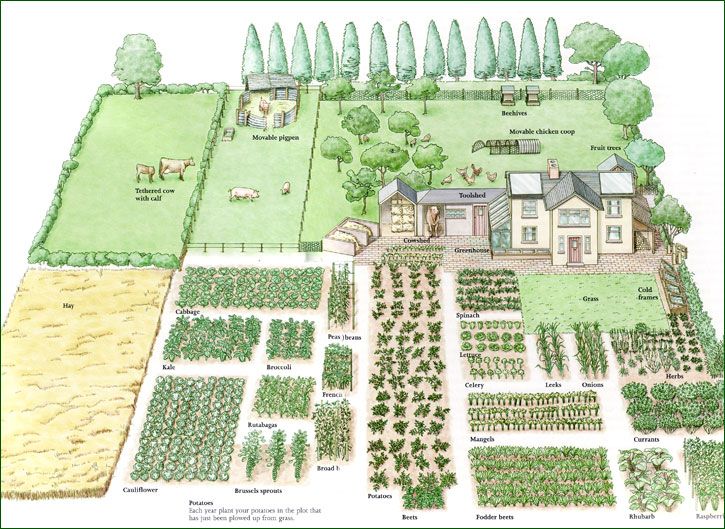 We Are Helping Homesteaders! One Master Plan at a time!
We Are Helping Homesteaders! One Master Plan at a time!
Every Homesteader Must Be Equipped With...
There has been a big push in recent years, especially by younger couples, frustrated with the expense and hassle of going into huge amounts of debt to only partially learn the skills needed for a job that isn't what was expected. Not to mention the cramped and noisy city life with very little peaceful time.
This article covers some of the basics of what homesteading is all about, the skills that will help on your journey, and some of our knowledge and products that might be able to help you. Expect that this non-exhaustive list will be updated with suggestions and our own experience.
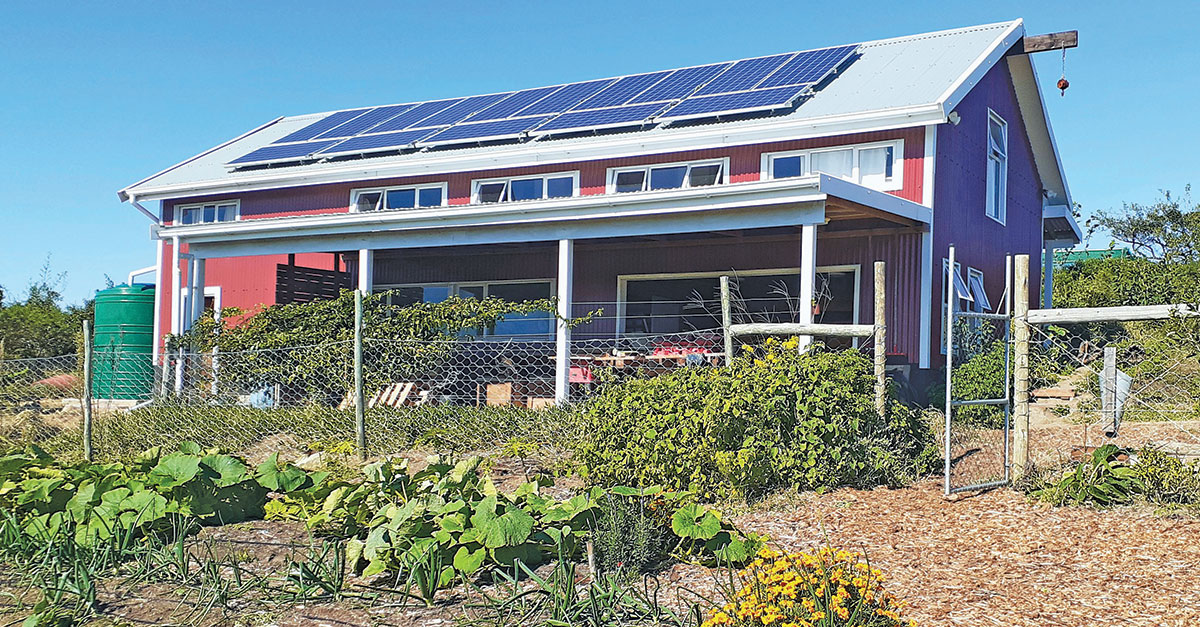
Self Sufficient Power
Producing all or part of your own power can make the rest of the other important tasks easier.
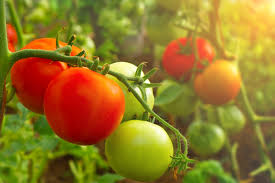
Gardening
Know your growing season and what can provide nourishment now and later.
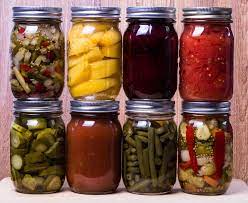
Food Preservation
What can sustain your body and mind thru rainy days or seasons?
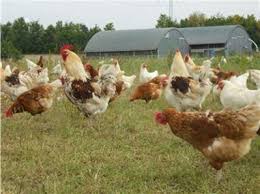
Animal Husbandry
Technique can help both the animal and the land, and ultimately you.
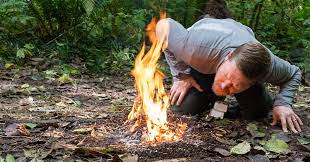
Basic Survival
Food, Fire, Medicine, Shelter

Homemaking
It's not the same as the stereotypical 1950's TV show, but the skills are still invaluable.
Self Sufficient Power
Yes, this is a plug for some of our products and services
- The power of the sun is available to most people most of the time. We can help to harness that power to make your life a little easier with the other difficult tasks you have running your homestead.
- Solar power can be used to power low energy food preservation, such as refrigerators or freezers. These appliances use very little energy and can be used as a primary refrigeration or deep freeze where you may store meat, vegetables, rendered fat, or medicine.
- Consider implementing a battery backup system to store excess energy generated by your renewable energy source for use during periods of low energy production.
- Incorporate passive solar design features into your home, such as south-facing windows and thermal mass, to reduce the need for heating and cooling.
- Install an energy-efficient water heater, such as a solar water heater, to reduce energy usage for heating water.
- Use LED or CFL light bulbs instead of incandescent bulbs to reduce energy consumption for lighting.
- Install a micro-hydropower system if your property has a natural source of running water, such as a stream or river.
- Explore the possibility of using wood or other biomass for heating and cooking, particularly if you have access to a reliable source of sustainably harvested wood.
Gardening
Resources to help you raise delicious food for nourishment in and out of season
- The ultimate homesteader has this homesteading skill at the top of the list. After all, this is where the idea of self-sufficiency comes from.
- A homesteader knows working with the environment means thriving. If the soil or season is unfavorable, then opt for hydroponics gardening.
- Conduct a soil test to determine the soil type, pH level, and nutrient levels to ensure proper soil health for optimal plant growth. Certain plants thrive on acidic or alkalai coils and knowing what crops will survive is important.
- Choose crops that are well-suited to your climate and growing season to maximize yields and reduce the need for external inputs.
- Implement sustainable gardening practices such as crop rotation, companion planting, and cover cropping to maintain healthy soil and reduce pest and disease pressure.
- Use natural pest management techniques such as crop rotation, hand-picking, and the use of natural predators to minimize the use of chemical pesticides.
- Use natural fertilizers, such as compost and manure, to replenish soil nutrients instead of synthetic fertilizers. Remember, certain types of manures, like chicken, are extremely high in ammonia and need to be diluted or composted before mixing with the soil.
- Implement water conservation practices such as drip irrigation and rainwater harvesting to minimize water use and reduce water bills.
- Incorporate permaculture design principles to create a self-sustaining ecosystem, such as integrating food forests, nitrogen-fixing plants, and pollinator habitats.
- This should go without saying, but save seeds from your crops to use for future planting and reduce the need to purchase seeds. Learn how certain greens like lettuce, carrots and radishes need to bolt to produce seeds.
- Consider raising livestock or poultry for meat, dairy, and eggs to supplement your vegetable harvest and create a self-sustaining food system.
Food Preservation
Resources to help you save food for nourishment out of season
- Growing your own food will furnish you with fruits and veggies more than you can handle. Preserve them naturally through canning so you can eat wholesomely all year long.
- If you don’t have a grinder or wheat mill, there are other brilliant ways to prepare wheat. You see, homesteaders are such ingenious fellows, there’s no obstacle we can’t overcome. For those with gluten allergies, there are low-gluten wheats that can help overcome some of that sensitivity.
- Build or purchase a root cellar, which is an underground storage facility that maintains a consistent cool temperature and humidity level to preserve fruits, vegetables, and other produce for an extended period. Even a small earthen dugout can maintain refrigerator like temperatures all seasons of the year.
- Invest in a dehydrator to remove moisture from fruits, vegetables, and meats to extend their shelf life and create delicious snacks. Along with a dehydrator should be mylar bags and oxygen absorbers to prevent mold.
- Consider canning your own fruits, vegetables, and meats, which involves sealing them in jars or cans and boiling them to kill off bacteria and other harmful microorganisms. The Ball "Blue Book" is a well known source for preservation methods like water bath canning.
- Create a fermentation station to create probiotic-rich foods, such as sauerkraut, kimchi, pickled cucumbers (so many variaties), and kefir, which have a long shelf life and offer numerous health benefits.
- Utilize cold storage techniques such as freezing and refrigeration to preserve foods for short-term storage. The chest style deep freezer keeps cold air in when opening the top and is great because most of them do not go thru a defrost cycle like kitchen refrigerator/freezers.
- Implement smoking or curing methods to preserve meats and fish, which involves using salt and spices to remove moisture and inhibit bacterial growth. Who doesn't love a nice chunk of venison jerky?
- Make your own cheese or yogurt using milk from your own livestock, which can be preserved for an extended period. Rennet, the main enzyme in cheesemaking, can usually be found at a wine and beermakers store with the variety of brewers yeasts.
- Store grains, legumes, and other well-dried dry goods in airtight containers to protect them from moisture and pests. Again, oxygen absorbers.
- Invest in a vacuum sealer to extend the shelf life of foods by removing air from packaging.
- Consider creating a pantry that is well-stocked with preserved foods to reduce reliance on external sources of food during lean times.
Animal Husbandry
Resources to help you create a symbiotic relation between nature and yourself
- Homesteading isn’t complete when you’re not keeping bees. You learn to value bees not just for honey but for their valuable role in nature.
- A barn will be very important in your homestead, but maybe you want to start small with a shed. Keeping a home for your small animals, like chickens and ducks, is as important as keeping your own homestead.
- Choose livestock that are well-suited to your climate and that provide the most benefit for your needs, such as meat, milk, eggs, or fiber (wool, fleece etc.).
- Build or purchase appropriate housing for your animals that provides protection from the elements and predators and allows for ample space to move around. Chickens certainly need a different environment than cattle or horses.
- Create a pasture or paddock system that allows your animals to graze on fresh grass and forage, which can reduce the need for external feed sources. Obviously in arrid areas you will need more grazing land or need to supplement with alfalfa or hay from external sources.
- Use natural pest control methods, such as diatomaceous earth and essential oils, to minimize the use of chemical pesticides.
- Incorporate rotational grazing practices to allow your pastures to rest and regenerate and to reduce the buildup of parasites. Cattle hooves are great at breaking up the coil and providing manure, but if they eat down to the roots on the hay, it takes a long time to grow the hay again.
- Implement composting practices to turn animal waste into a nutrient-rich soil amendment and reduce waste. Make sure that your composting temperatures are high enough to kill potential pathogens before amending the soil.
- Learn basic animal health and first aid practices to ensure the well-being of your animals and reduce the need for veterinary care. Not everyone can suture or administer medications when needed, but the basics like clean water, hoof trimming, and recognizing common diseases are necessary.
- Breed your animals as needed to maintain a self-sustaining population and reduce the need to purchase new livestock. Make sure to learn the breeding cycles/seasons of the different animals like rabbits or cattle so you can prevent unpleasant surprises.
- Process your animals on-site or using a local butcher to reduce reliance on external sources for meat and other animal products. There are generally locker plants in smaller towns that can help if you are not ready to dispatch your own stock.
Basic Survival
Resources to help you stay alive in the event of an emergency
- The ultimate homesteader has this homesteading skill at the top of the survival list. After all, this is where the idea of self-sufficiency comes from.
- Mushrooms have both culinary and medicinal values. Be forewarned, there are more poisonous mushrooms than edible ones, so better master mushroom identification (mycologist).
- Have a reliable source of clean drinking water, such as a well or natural spring, and have a backup method of water purification, such as a water filter or boiling water.
- Learn basic first aid skills and maintain a well-stocked first aid kit with essential supplies. Sterile pads, iodine, scalpels, quick skin, sutcher kits, local anesthetics are all invaluable if your trip to the hospital is tens of minutes away.
- Develop a security plan to protect yourself and your property from potential threats or emergencies.
- Keep a supply of basic tools and equipment for gardening, animal husbandry, and other homesteading tasks.
- Create a community network of other like-minded homesteaders to share resources, knowledge, and support during times of need.
Homemaking
Resources to help you save money and DIY
- Cut the chemicals and opt for natural ingredients in your cleaning supplies. You’ll spend a little time to save lots in your budget.
- Everyday household stuff makes safe and effective skin care products. A homesteader can also be fabulous–safely fabulous–on a budget!
- Utilize natural cleaning methods and products, such as vinegar and baking soda, to reduce reliance on chemical cleaners.
- Create a composting system to turn food waste and other organic materials into a nutrient-rich soil amendment for your garden. Remember to not add fat or oils to compost as they go rancid and attract rodents and insects.
- Use natural pest control methods, such as essential oils and diatomaceous earth, to minimize the use of chemical pesticides and insecticides.
- Develop a laundry system that uses minimal water and energy, such as using a clothesline to dry clothes instead of a dryer.
- Learn basic cooking and baking skills to reduce reliance on pre-packaged foods and save money.
To be a homesteader requires a set of homesteading skills essential for success. Homestead living, off-grid living, or self-sufficient-living is not easy and requires perserverance, patience, hard work, horse-sense and a supportive family. But getting to know these practical homesteading skills will save you from half the trouble of this amazing journey. Check this list for the homesteading skills you might be missing and get working!